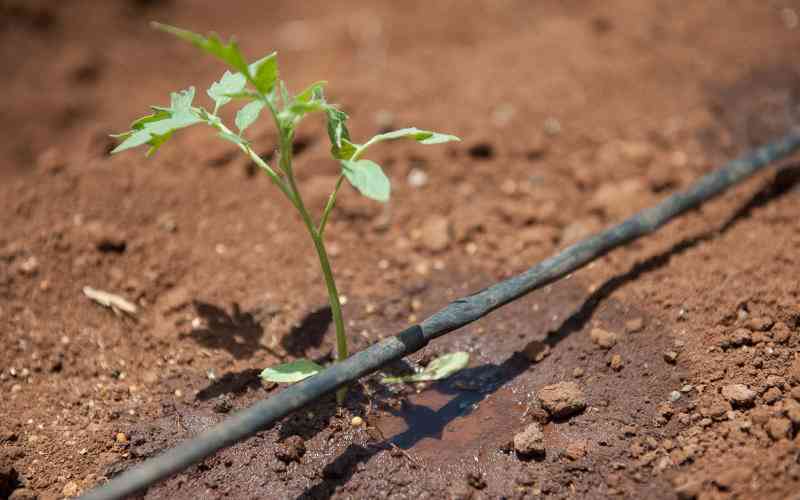
Malnutrition, particularly among children, is associated with stunted growth, weakened immune systems, and lifelong health challenges. With 18 per cent of Kenyan children under the age of five reported to be stunted in 2022, this partly reflects on poor food consumption and inadequate dietary intake at the household level.
Cereals make up the main diet in Kenya and maize and its products are synonymous with food security and nutrition. Maize is the most accessible source of calories among the cereal grains, making up about 65 per cent of total food calories consumed by households. The consumption patterns result in the "hidden hunger" problem, a situation where the population suffers from chronic deficiency of vitamins and micronutrients despite adequate calorie intake. This is further worsened by vulnerability to socio-economic shocks such as prolonged droughts.